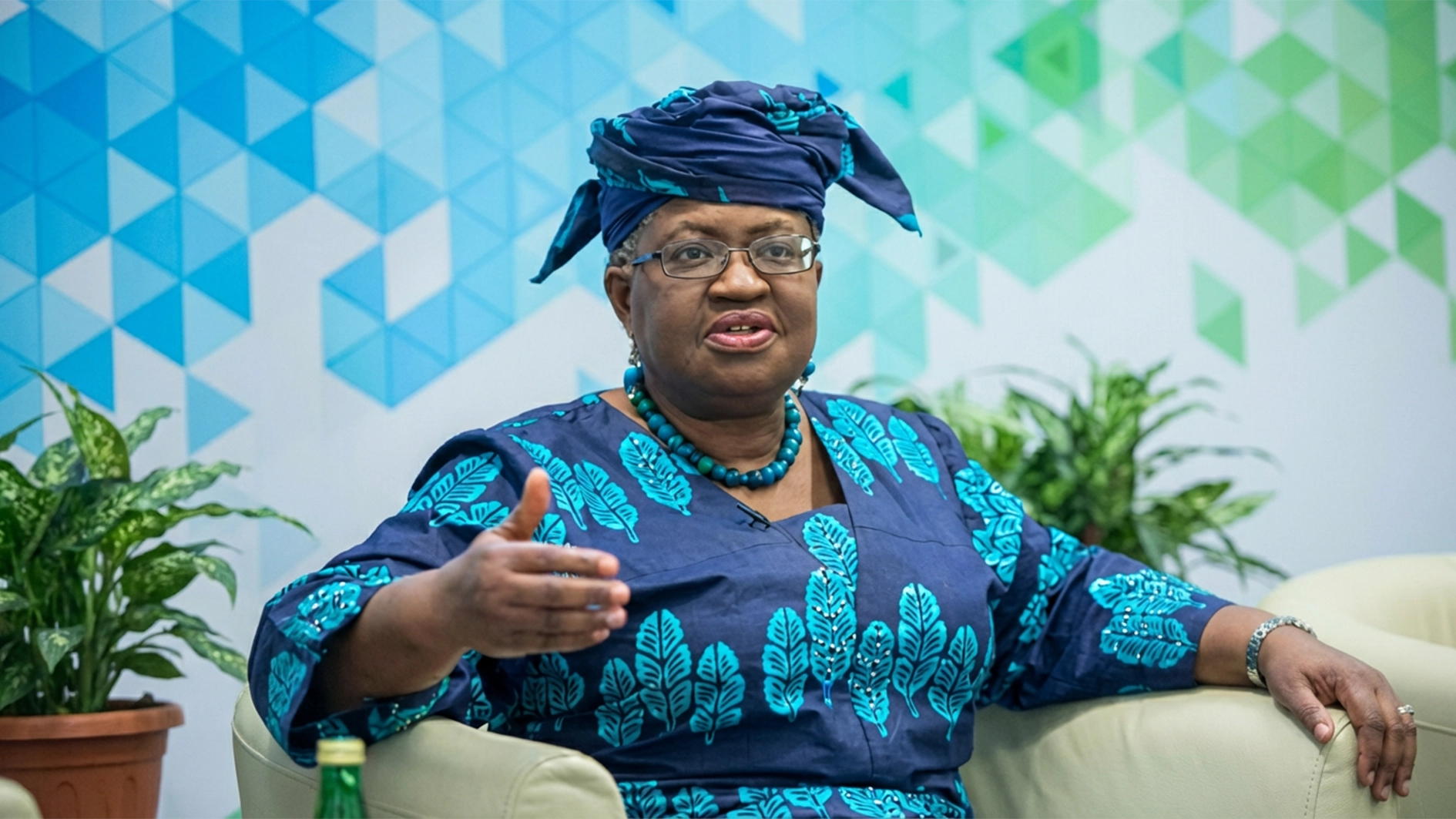The Minister of Solid Minerals Development, Dr. Dele Alake, has disclosed that Chinese companies have invested over $1.3 billion in Nigeria’s lithium processing sector since September 2023, a development he described as a major milestone in the country’s economic diversification agenda.
Alake made this known while addressing participants at the 2025 China Mining Conference in Tianjin, themed “Connect and Collaborate, Co-Build and Co-Share.”
He urged global investors to scale up their stakes in Nigeria’s solid minerals industry, citing recent reforms that enhance returns and ease of doing business.
The minister highlighted major security and institutional reforms introduced under his watch, including the deployment of Mining Marshals and the satellite-based mine monitoring system designed to safeguard licensed miners and curb illegal mining.
According to a statement issued by his Special Assistant on Media, Alake said technological upgrades, such as the Electronic Mining Cadastre (EMC+), the Nigerian Mineral Resources Decision Support System (NMRDS), the Centre of Excellence, and enhanced ministry and agency websites, have simplified remote transactions and improved transparency in the sector.
He said: “Since September 2023, when this administration assumed office, Chinese companies such as Canmax Technology, Jiuling Lithium, Avatar New Energy Nigeria Company, and Asba have invested over $1.3 billion in lithium processing.
“These investments have boosted Nigeria’s diversification efforts, reduced dependence on oil, and facilitated infrastructure development, technology transfer, and skills exchange.”
Alake noted that Memoranda of Understanding (MoUs) signed during President Bola Ahmed Tinubu’s state visit to China in September 2024 have translated into substantial new commitments within the mining industry.
The minister, who also serves as chairman of the Africa Minerals Strategy Group (AMSG), reiterated Nigeria’s commitment to deepening continental cooperation in mineral exploration and reporting standards.
He stressed that Africa must build shared systems of governance and knowledge to fully benefit from its mineral wealth.
Alake further revealed plans to strengthen regional Centres of Excellence in Geosciences and Mining Skills, and to expand the role of the Solid Minerals Development Fund (SMDF) and the SMDF-AFC Facility in supporting early-stage exploration and de-risking investments.
“We warmly invite investors, development partners, and technical institutions to explore Nigeria’s vast opportunities in lithium, gold, lead-zinc, barite, and rare earth elements,” he said.
“Our government offers a conducive investment climate, improved security of tenure, and incentives that ensure mutual benefit.
“Nigeria’s vision is not only to extract minerals but to build a globally competitive value chain that supports clean energy transition, job creation, and industrial growth, all within the framework of responsible mining.”
Representing Nigeria at the technical session on “Mining in Africa and Policy,” the Director-General of the Nigeria Geological Survey Agency, Prof. Olusegun Omoniyi Ige, showcased the National Mineral Resources Data System (NMRDS) and the country’s extensive aeromagnetic and geochemical datasets.
He noted that while these datasets have significantly enhanced Nigeria’s geological mapping, more investment is needed to expand exploration and convert available data into proven mineral resources.
Other speakers at the conference included Mr. Xu Xueyi, Deputy Director-General of the China Geological Survey; Sudan’s Minister of Minerals, H.E. Mohamed Ahmed Taha; South Africa’s Deputy Minister of Mineral and Petroleum Resources, Ms. Phumzile Mgcina; and Mr. Joseph Lebbie, Director-General of Geological Exploration, Sierra Leone.






